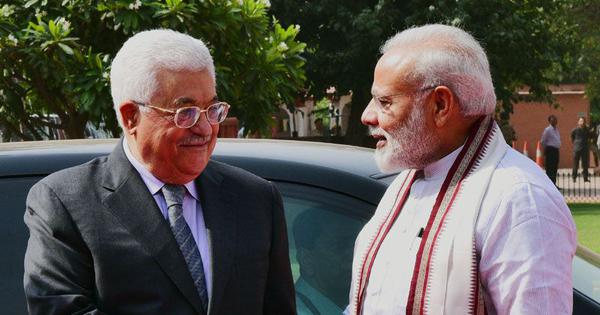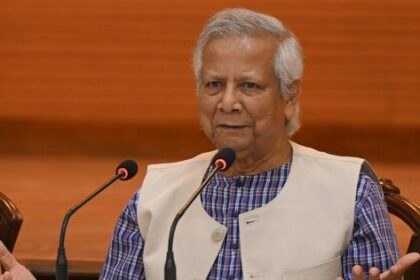The Indian government’s approach reflects a growing alignment with Israel, impacting local pro-Palestine activism.
Pro-Palestine protests in India have faced significant restrictions, aligning with New Delhi’s established support for a two-state solution to the Israel-Palestine conflict. Recently, the police in Goa detained several individuals participating in a peaceful march in Panaji aimed at expressing solidarity with Palestinians amid the ongoing war in Gaza. The authorities cited a lack of permissions as the reason for the detentions, as reported by local media. This incident follows a previous event in Mumbai where a retired physics professor, VK Tripathi, was stopped by police while distributing leaflets advocating for peace and urging people to transcend hate and war. Tripathi, a peace activist, expressed his dismay at being prevented from distributing materials that did not target any particular religion or group.
These events unfolded around the second anniversary of the onset of Israel’s military offensive in Gaza, which began in October 2023 after Hamas’s incursion resulted in the deaths of 1,200 individuals in southern Israel. The subsequent military response from Israel has led to extensive air and ground strikes on the already besieged Palestinian territory, resulting in a staggering death toll exceeding 67,000. The United Nations has declared a famine in northern Gaza, and a recent inquiry committee concluded that Israel has committed acts of genocide. Amid this turmoil, a fragile ceasefire mediated by the United States and several Muslim-majority countries has been attempted, though previous truces have often collapsed.
Protesters both in India and globally have reiterated their calls for an end to the conflict and for the establishment of a Palestinian state. However, the crackdown on pro-Palestine demonstrations in India mirrors trends seen in the United States, where scrutiny has intensified against those advocating for Palestinian rights. Following protests on college campuses, the Trump administration had enacted measures to revoke visas and deport foreign students involved in such demonstrations.
In late 2023, the Indian police’s prohibition of initial demonstrations expressing solidarity with Palestine was justified by claims of maintaining communal harmony and law and order, despite lacking legal basis for such actions. The protesters’ demands resonate with India’s foreign policy, which has historically supported the two-state solution, advocating for a sovereign Palestinian state alongside Israel.
India’s recognition of Palestine dates back to 1988, while formal diplomatic relations with Israel were established only in 1992. Over the years, India’s diplomatic positioning has evolved, and a former Indian ambassador noted a discernible shift towards a more favorable stance towards Israel. This shift can be attributed to two primary factors: the growing economic and strategic utility of Israel for India and the ideological alignment of the ruling BJP’s Hindutva philosophy with Israeli Zionism.
The Indian government’s policies have increasingly favored collaboration with Israel, particularly in defense and economic sectors. India’s engagement with Israel includes significant military imports and joint ventures in defense technology. The convergence of interests between the two nations has led to an environment where ordinary citizens advocating for humanitarian aid and an end to the conflict are facing state action against their peaceful expressions.








